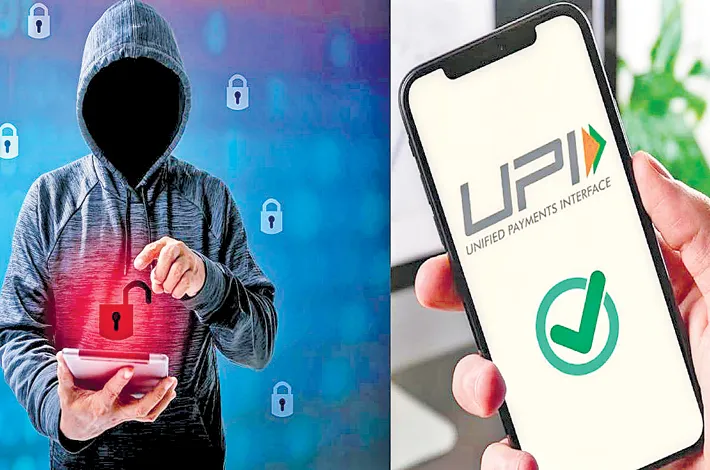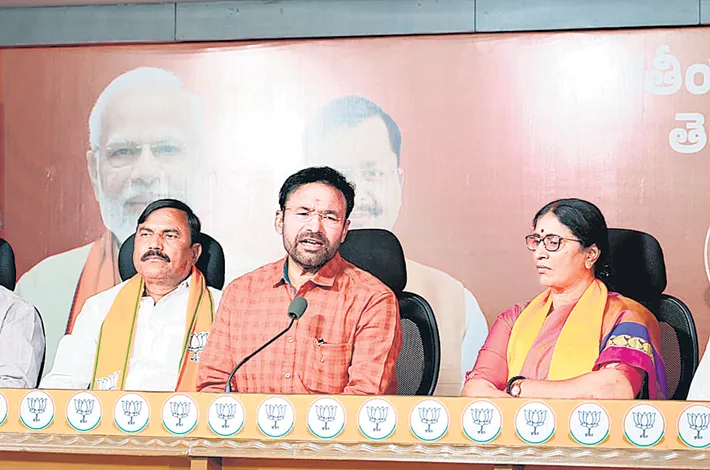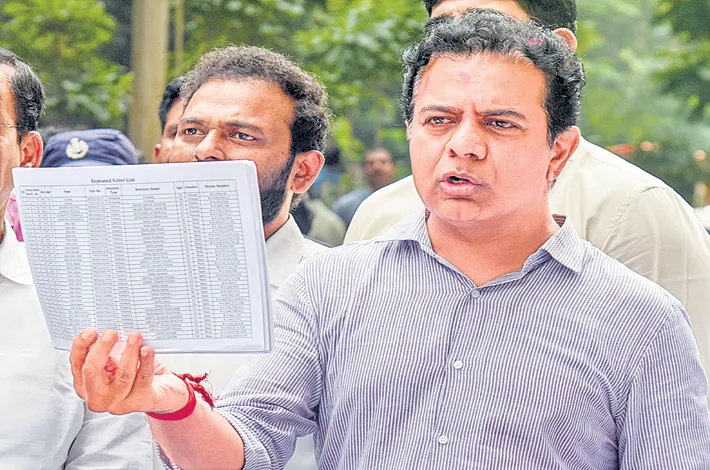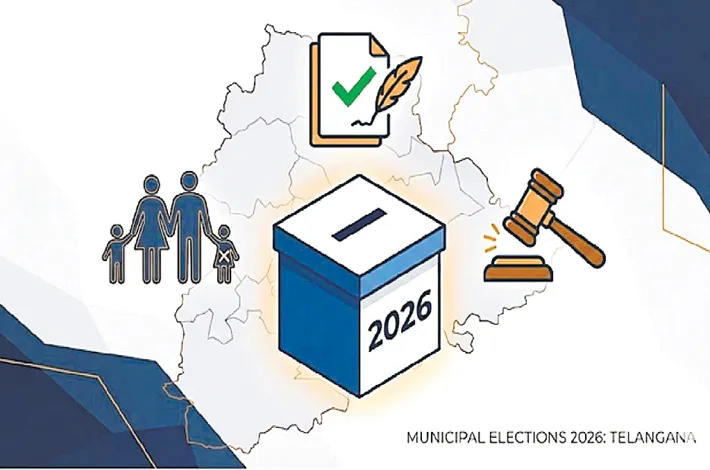Supreme sounds alarm on ‘digital arrest’ scams
19-10-2025 12:00:00 AM

In a stark warning to India's law enforcement agencies, the Supreme Court has labeled "digital arrest" scams as a direct assault on the judiciary itself, issuing notices to the Home Ministry, CBI Director, and cyber authorities. The apex court emphasized that these frauds, targeting everyone from senior citizens to high-net-worth professionals, are not mere cybercrimes but organized attacks eroding public trust in institutions. "This is not just a crime against individuals—it's a crime against the institution," the bench declared, urging a "focused approach" to combat the growing menace.A Bench of Justice Surya Kant and Justice Joyamala Bagchi issued notices to the CBI and also to the the Ministry of Home Affairs, seeking their response to the suo motu proceedings initiated by the top court.
The court took up the matter suo motu based on a complaint dated September 21 from a senior citizen couple from Haryana's Ambala who were defrauded of Rs 1.05 crs through a digital arrest scam between September 1 and 16.According to the complaint, the victims were contacted by individuals impersonating officials of the CBI, Intelligence Bureau, and judicial authorities via video calls and telephone. The scamsters reportedly carried forged orders of former Chief Justice of India Sanjiv Khanna on WhatsApp and video calls and coerced the couple into transferring Rs 1.5 crore through multiple bank transactions.
The scams have exploded since 2022, with government data revealing losses exceeding Rs. 2,500 crore. The Indian Cyber Crime Coordination Centre (I4C) has blocked 3,962 Skype IDs and over 83,000 WhatsApp accounts linked to these frauds. Meanwhile, the national financial cyber fraud portal has saved Rs. 4,000 crore by acting on 13 lakh complaints since 2021. As per a retired IPS officer of DGP rank, even educated professionals fall victim due to sheer panic. He mentioned that the moment ED, CBI, or NIA is mentioned, rational thinking vanishes and panic hypnotizes them. Basic unawareness—that there is no such thing as 'digital arrest' in Indian law—seals the trap.
Experts familiar with financial and digital frauds also emphasize that fraud money flows through thousands of mule accounts, then to select wallets, and finally crypto platforms for untraceable siphoning by criminals who exploit easy anonymous SIMs and accounts. They also remind that victims endure days, weeks or even months of coercion isolated from family. High-net-worth targets are cherry-picked for their fear of legal entanglement.” Innocent people dread the process more than guilt," was the point stressed upon. They recall as case were a frozen account was mysteriously "unfrozen" for 2 hours post-complaint, allowing siphoning. "Banks are involved," they charged, citing access logs obtained via court order.
Some of the safeguards suggested by cyber security experts include tightening KYC by penalizing banks and telecoms for lax SIM/bank account verification; creating a centralized national probe investigation body like CBI for multi-state coordination; Improving FIR conversions, thorough investigations, and convictions and creating more awareness about digital frauds. The victims should be sensitized to report immediately to 112 or 1930 toll free numbers.
As cases surge across Mumbai, Delhi, and beyond, the Supreme Court's rebuke echoes: This isn't isolated cybercrime – it's institutional sabotage. With banks, police, and citizens failing at money trails, experts urge biometric KYC, RBI limits on mules, and bank accountability laws. Until then, India's affluent remain sitting ducks. As cases surge, citizens are urged: If accused of crimes like terror links or money laundering, stay calm—verify independently. No agency demands payments to private accounts or conducts 'arrests' via phone.








